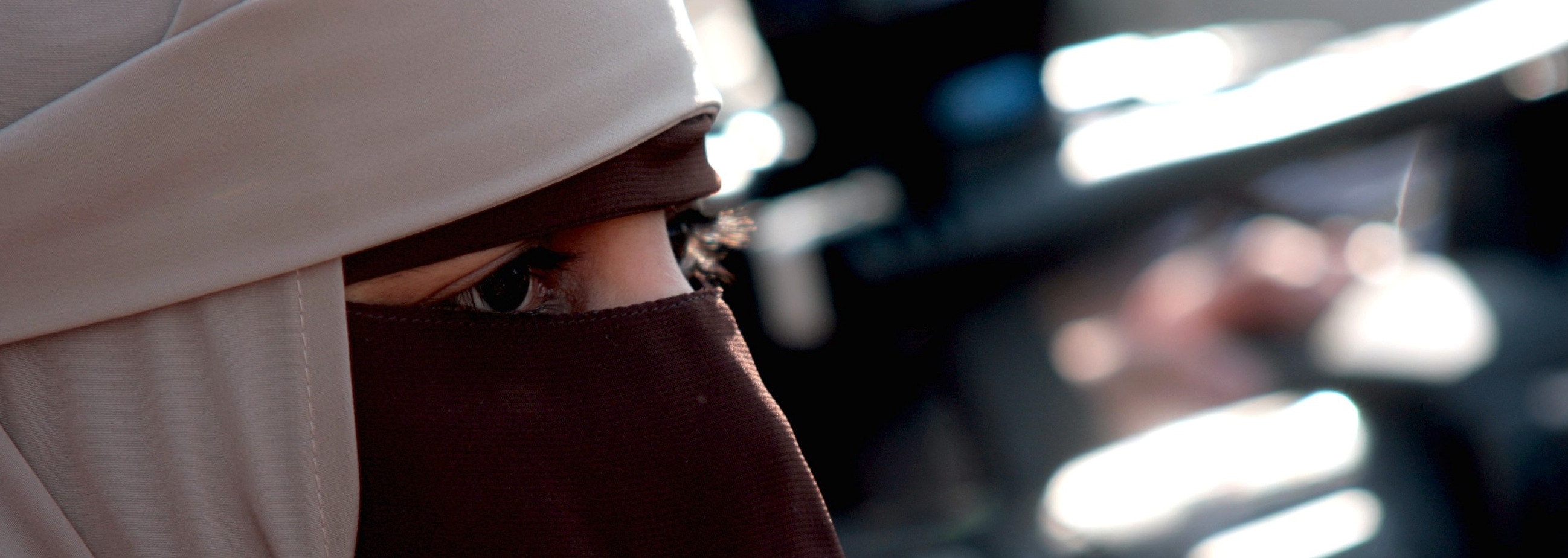Arwa Gunja Reports on the Burqa Ban


Last year, France implemented a controversial law that became known to the world as the "burqa ban." The legislation prohibits the covering of one's face in public, and though the law does not specifically target any ethnic or religious groups, it was interpreted and widely believed to be a ban against Muslim women who wear the burqa or niqab. Both types of Muslim garments cover women from head to toe, leaving a slit or a screen for the eyes. When the law passed, it was estimated that only 2,000 women wore the niqab, a small minority among France's 5 million Muslims. So why even write a law for such a small population? Supporters of the ban argue that women are being forced to wear the niqab by their husbands, and legislating the issue would free women from oppression. Others believe not being able to see someone's face is a security risk. And conservative politicians argued that the niqab simply has no place in a secular French society, where men and women are to be treated and viewed as equals. With a fellowship from the International Center for Journalists, funded by the Ford Foundation, I traveled to Paris to find out how the law has impacted women who continue to wear the niqab. And I arrived in France at an interesting time — just days after the shootings in Toulouse and weeks before the presidential elections. It was a time of intense of heightened fears and insecurities, and Muslim leaders in France worried that Islamaphobia would again be on the rise.
Toulouse Tragedy Aftermath: Muslim Communities Threatened, Political Rhetoric Altered by The Takeaway
In the immediate days after the Toulouse shooting, there was a fear that ethnic communities in France would turn on one another. The shooter was Muslim with ethnic origins in North Africa. His victims were both Jewish and Muslim. To combat an anticipated rise in racism that could come from the tragedy, rallies were held throughout France calling for unity and raising awareness about problems of antisemitism and racism in the country. I attended one such rally in Paris and spoke with people in attendance about the aftermath of the shooting and how, if at all, it had impacted which candidate they support in the upcoming election.
France's Burqa Ban, One Year Later by The Takeaway
Today marks exactly one year since the "burqa ban" first went into place. While in France, I spent time with Lila Citar, one Muslim woman who continues to wear the niqab. Lila explained how for many women like her, leaving their homes means they may be fined by police, arrested, or face increased harassment on the streets. The Ministry of Interior says more than 300 fines have been handed out in the past year. And some Muslim leaders worry that the overall climate has become so negative for these women that they'll soon become entirely detached from French society. Still, supporters of the ban call it a success a year later.
France's Burqa Ban, One Year Later by The World
The "burqa ban," is the brainchild of Jacques Myard, a conservative politician in Nicolas Sarkozy's UMP party. Myard told me he first came up with the idea for the ban after coming into contact with a woman in a niqab for the first time at a zoo in France. He says he was so startled with seeing a woman completely veiled, and felt compelled to do something about it.